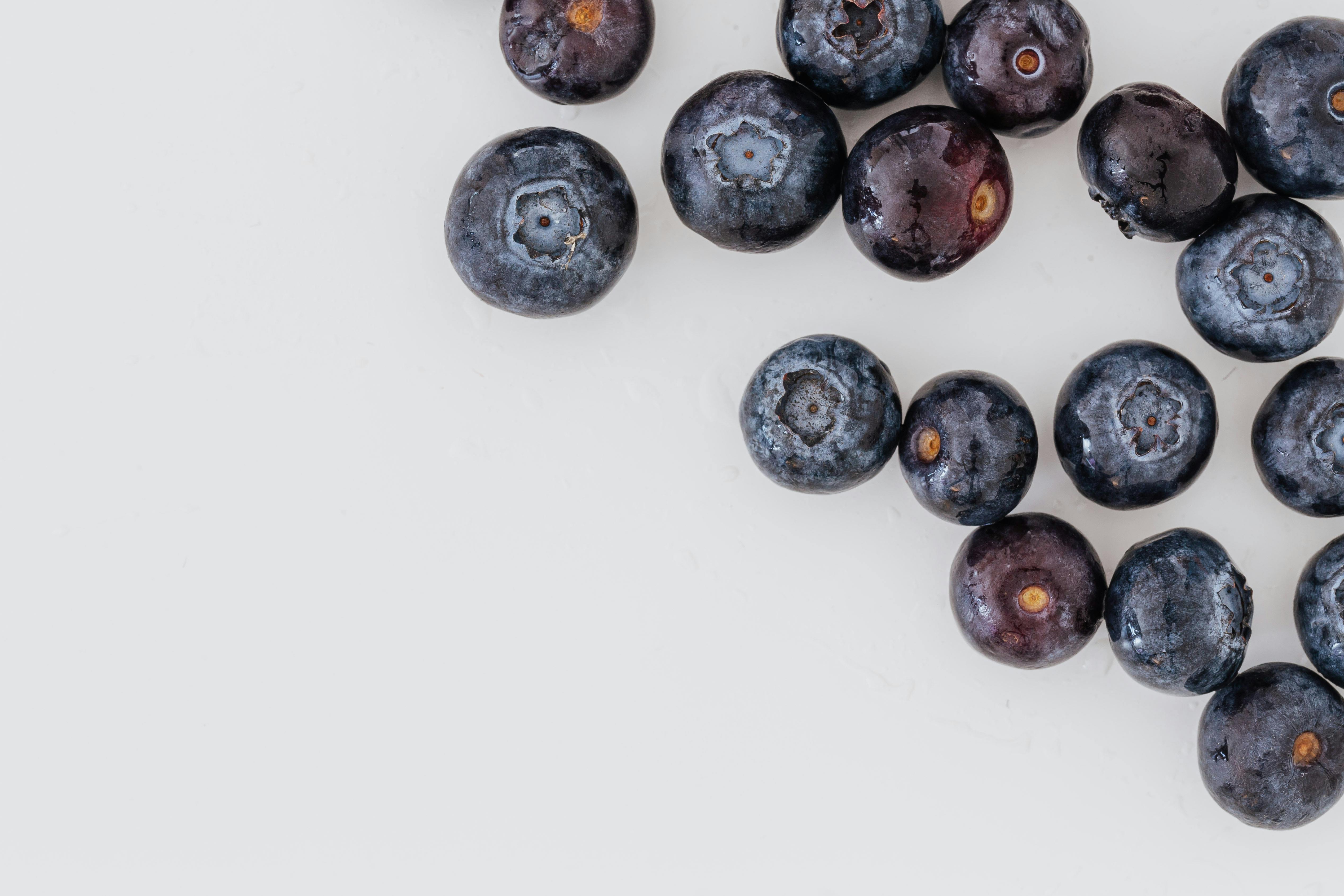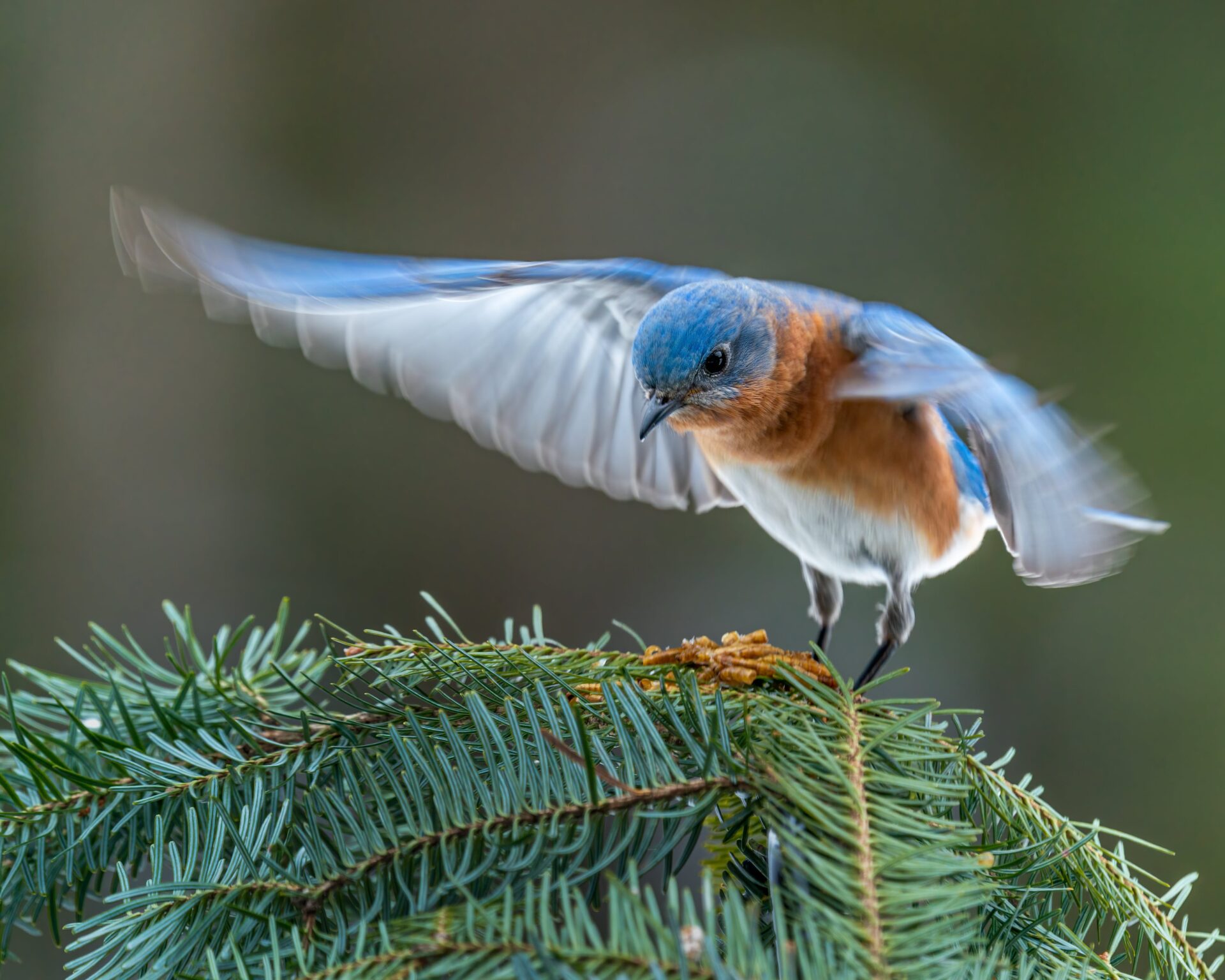Blueberry season is a time that many look forward to each year. With the sweet and tart taste of blueberries, they are a great addition to many recipes or just for a snack. But when does blueberry season start? Depending on where you live, blueberry season can start as early as late May or early June. The exact date will depend on your local climate and weather conditions.Blueberry season typically begins in mid- to late June and runs through August.
Different Types of Blueberry Seasons
Blueberry season can be divided into two distinct types: early season and late season. Early season blueberries are usually the first to ripen, typically in early June. They are known for their sweet, tart flavor and tend to be smaller in size. Late season blueberries, on the other hand, ripen in August and September and are known for their large size and juicy flavor.
Early season blueberry bushes usually start flowering around mid-May and the fruit is usually ready to harvest by mid-June. Late season varieties flower around the end of June and can be harvested throughout August and into September. The harvest time for both types of blueberries depends on weather conditions, with warm sunny weather helping to speed up the ripening process.
Blueberry growers use a variety of techniques to ensure a good crop each year. Pruning is often used to encourage new growth on the bushes, while irrigation systems keep the soil moist during dry spells. Fertilizers are also used to boost yields, while disease management techniques such as fungicides are used to help protect plants from disease outbreaks.
No matter which type of blueberry you choose, it’s important to pick them at the peak of ripeness for maximum flavor and nutrition. Fresh blueberries can be enjoyed straight from the bush or frozen for use in recipes later on. So no matter what type of blueberry you’re after, there’s sure to be something just right for you!
Weather Conditions
Weather is a major factor that affects blueberry season. Different weather conditions can affect the growth and ripening of blueberries. Cold temperatures can delay the ripening of blueberries, while warm temperatures can speed up the ripening process. High humidity levels can also encourage the growth of fungi, which can damage the blueberries and cause them to become unripe. When there’s too much rain or not enough rainfall, this can also affect how quickly or slowly blueberries ripen. Therefore, when it comes to harvesting blueberries, it’s important to consider weather conditions in order to have a successful crop.
Soil Conditions
The soil conditions have a big impact on blueberry season as well. Soil that is too dry or too wet will not be able to support healthy growth of blueberry plants. If there is too much clay in the soil, it will retain moisture for too long and cause root rot or other diseases which could be detrimental to the health of the plants. On the other hand, if there is not enough organic matter in the soil, it will lack nutrition for plant growth and result in stunted or weak plants with small fruits.
Pests and Diseases
Pests and diseases are another factor that affects blueberry season. Insects like aphids, thrips, mites, caterpillars, and beetles feed on blueberry leaves and buds causing damage to plants. Diseases like powdery mildew and fruit rots are common diseases that can infect plants and reduce crop yields significantly. It’s important for farmers to regularly monitor their crops for signs of pests and diseases so they can take appropriate action if needed.
Growing Practices
The growing practices adopted by farmers are also important factors that affect blueberry season. If farmers use poor pruning techniques or fail to fertilize properly this could delay fruiting or reduce crop yield significantly. On top of this, different varieties of blueberries may require different growing practices depending on their needs so it’s important for growers to research these requirements before planting.
In conclusion, there are many factors that affect blueberry season such as weather conditions, soil conditions, pests and disease control strategies as well as growing practices adopted by farmers. By understanding these factors and taking appropriate action when needed farmers can ensure they have a successful harvest each year!
What Time of Year Is Blueberry Season?
Blueberry season typically begins in late spring and continues through mid-summer. Depending on the variety of blueberries, the time frame can vary from region to region. In warmer climates, blueberry season may begin in April or May and last until late July or early August. In cooler climates, blueberry season may not start until mid-June and last until mid-August.
The best way to know when your local blueberry season starts is to contact your local farmer’s market or berry farm. The farmers will be able to tell you when the peak harvest will be and when their berries are available for purchase. You can also join a local CSA (community supported agriculture) program that will provide you with weekly boxes of seasonal produce during the growing season.
When blueberry season arrives, you should take advantage of it! Freshly picked berries are full of flavor and nutrition, making them a great addition to any meal or snack. They’re also a great source of antioxidants, vitamins, minerals, dietary fiber, and other health-promoting compounds. So stock up on fresh berries at your local farmers market or berry farm while they’re in season!
How Long Does Blueberry Season Last?
Blueberry season typically lasts from late spring to early summer. Depending on where you live, the season can last anywhere between four and eight weeks. In some areas, the blueberry season may even stretch into the fall months. Generally speaking, blueberries are usually ripe and ready to pick during June and July, although this can vary depending on the climate in your region.
The peak of blueberry season usually coincides with the summer months when berries are at their sweetest and ripest. It is important to note that blueberries need a certain amount of chill hours (hours below 45 degrees Fahrenheit) in order to produce a good crop of fruit so if you live in a warmer climate, you may find that blueberries ripen later than in cooler climates.
Blueberries can also be found year-round in stores, as they are often shipped from other regions with different growing seasons. If you want to pick your own fresh fruit, however, it’s best to visit a local farm or farmer’s market during the peak of blueberry season for the best selection of ripe berries.

Where to Find Fresh Blueberries During the Season
Finding fresh blueberries during the season can be a bit tricky, but with a little research there are plenty of places to look. Local farmers’ markets are a great place to find fresh blueberries. They are typically grown and picked in the area, so you know they will be as fresh as possible. Look for signs or ask around to see which vendors have the best selection.
Grocery stores often carry fresh blueberries during the season, and you can often find them on sale. Check labels to make sure they were grown locally and that they haven’t been treated with any chemicals or preservatives. It’s also worth noting that larger grocery stores usually have better selections when it comes to seasonal produce.
If you’re looking for organic blueberries, your best bet is to shop at specialty health food stores or local farms that specialize in organic produce. You may also be able to find frozen organic blueberries in some stores, which can last much longer than fresh ones.
Finally, if you have access to a backyard garden or nearby forest, you may be able to pick your own blueberries during the season. This is a great way to get the freshest berries possible without having to pay for them at the store. Just make sure you know what kind of berries you’re picking, as some varieties may not be safe for consumption!
The Health Benefits of Eating Blueberries During the Season
Blueberries are a delicious and nutritious fruit that can be enjoyed during the summer months. They are a great source of vitamins, minerals, and antioxidants, making them an ideal snack for those looking to stay healthy. Eating blueberries during the season has numerous health benefits that can help you stay in shape and feel better overall. Here are just a few of the ways that blueberries can benefit your health when eaten during the season:
1. Improved Digestion: Blueberries contain high levels of dietary fiber, which helps to improve digestion and keep your digestive system functioning properly. The fiber also helps to reduce constipation and bloating, making it easier to maintain a healthy weight.
2. Strengthened Immunity: Blueberries contain powerful antioxidants that help strengthen your immune system. The antioxidants in blueberries fight off free radicals, which can cause cell damage and lead to illness. Eating blueberries regularly during the season can help keep your immune system strong and ward off any unwanted illnesses.
3. Improved Heart Health: Blueberries are rich in flavonoids, which have been shown to reduce cholesterol levels and lower blood pressure. Eating blueberries on a regular basis during the season can help reduce your risk of heart disease, stroke, and other cardiovascular issues.
4. Reduced Risk of Cancer: The antioxidants present in blueberries have also been linked to reducing the risk of certain types of cancer. Eating blueberries regularly will provide your body with these beneficial antioxidants that can help protect you from developing cancerous cells.
5. Better Brain Function: Blueberries are rich in anthocyanins, which have been proven to improve cognitive function and memory retention in both adults and children alike. Eating blueberries on a regular basis will give your brain the boost it needs to stay sharp throughout the day.
Eating blueberries is one of the best things you can do for your health during the summer months. Not only are they delicious, but they also provide numerous health benefits that will keep you feeling great all season long! So don’t forget to grab some fresh or frozen blueberries next time you’re out shopping!
Storing Fresh Picked Blueberries
Blueberries are a delicious and versatile fruit, but if you don’t store them properly they can spoil quickly. To ensure that your fresh-picked blueberries stay as fresh and flavorful as possible, follow these simple storage tips.
First, be sure to consume or freeze your fresh blueberries within 2-3 days of picking. If you plan to freeze them, spread them out on a baking sheet in a single layer and place them in the freezer for about an hour. Once the berries are frozen, transfer them to an airtight container or freezer bag for long-term storage.
If you plan to store your blueberries in the refrigerator, make sure they are completely dry before transferring them to an airtight container or plastic bag with holes poked in it. This will help keep the berries from getting moldy or slimy too quickly. Be sure to also place a paper towel in the container or bag so that any moisture can be absorbed.
Finally, make sure that your fresh-picked blueberries are not stored near foods with strong odors like onions and garlic as this can cause the berries to absorb the smell and taste differently. With proper storage techniques, your fresh-picked blueberries should stay good for up to two weeks!

Conclusion
Blueberry season starts at different times depending on the variety and climate. Generally, northern regions have blueberry seasons that start in late May or early June and end in late July or early August. Southern regions tend to have a slightly longer season due to the warmer temperatures. In either location, it’s important to remember that blueberries are highly perishable so they must be eaten within a few days of purchase.
When purchasing fresh blueberries, be sure to check for signs of freshness such as plumpness and firmness. The blueberries should also have a uniform deep-blue color with no green or red tinges. Finally, always check the sell-by date on any pre-packaged blueberries before purchasing them.
By knowing when the blueberry season starts in your area, you’ll be able to enjoy this delicious fruit all summer long!



